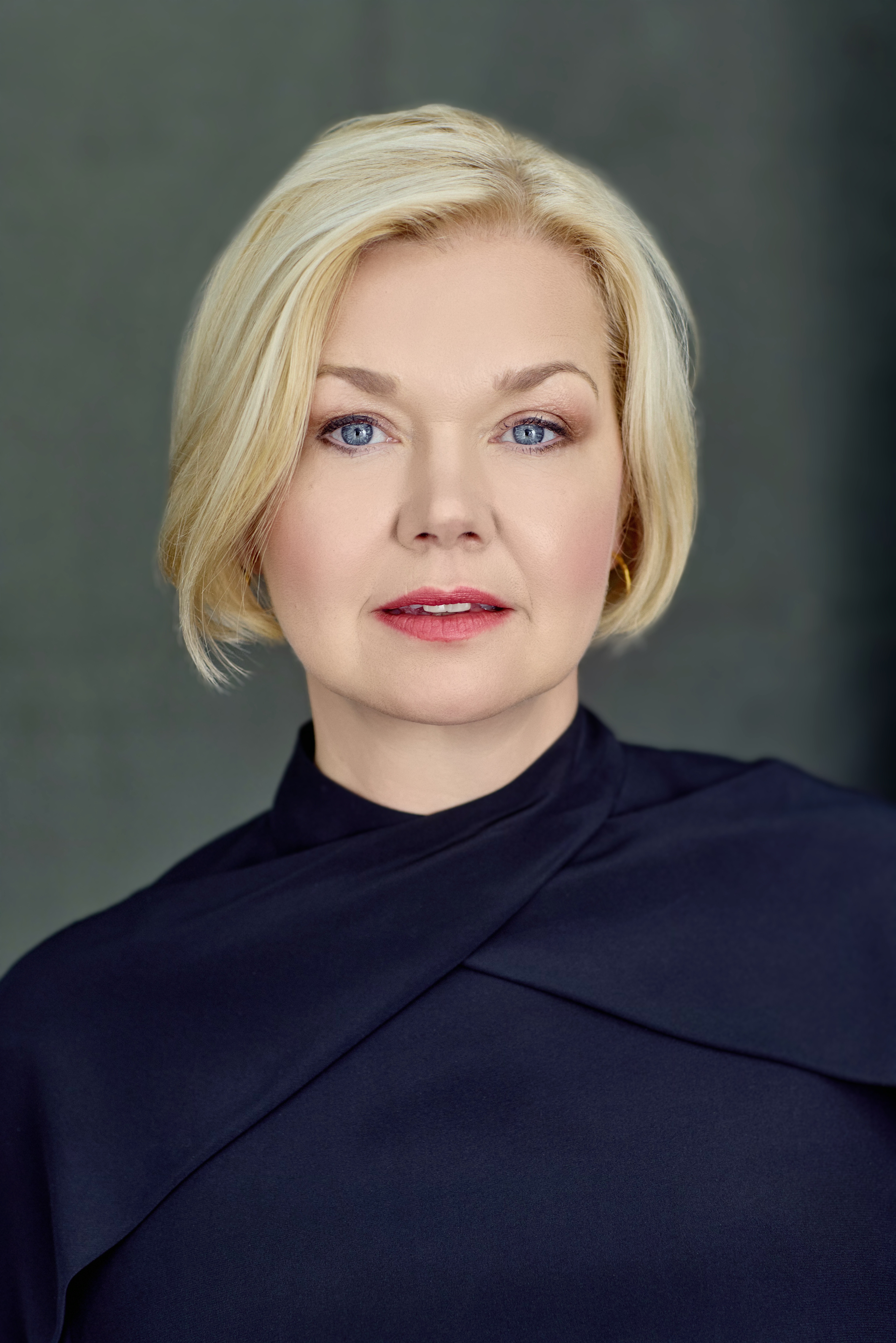Burnout isn’t new to the legal profession but our willingness to talk about it is.
Recently, I opened the floor for questions during my Ask Me Anything About Burnout Day. The questions were honest, raw, and deeply familiar to anyone working under sustained pressure and high expectations.
Here are three of the most common questions I received and the answers many professionals quietly need to hear.
1. Could I Be Burnt Out?
Yes, and it’s more common than you think.
Burnout doesn’t always announce itself dramatically. More often, it shows up in subtle but persistent ways:
- A sense of emotional exhaustion that sleep doesn’t fix
- Growing cynicism or detachment, even in work you once cared about
- Feeling increasingly ineffective, no matter how much effort you expend
- Brain fog, irritability, or a nagging sense that something’s “off”
In the legal field, these symptoms are frequently dismissed as just part of the job but they are signals and early warnings that your mental, emotional, and physical systems are under strain.
2. Why Could I Do So Much Before, But Not Now?
This question speaks to one of burnout’s most confusing dynamics.
The answer lies in something called allostatic load, the cumulative burden of chronic stress on the body and brain. You may have been functioning on adrenaline and high-stakes deadlines for years, but your system was quietly absorbing the cost.
Eventually, the reserve runs out.
This shift isn’t about losing your edge. It’s about your system demanding restoration. Capacity can return, but not without recalibration.
3. What If I’m Burnt Out But Can’t Stop Working?
This is the reality for many professionals: the need for recovery is real, but so are deadlines, responsibilities, and client expectations.
Ideally, burnout recovery involves a true pause. But if that’s not feasible, the next best approach is structured self-preservation:
- Integrate short, meaningful breaks into your day (not just screen-scrolling pauses)
- Protect a few non-negotiables micro wellness habits: movement, diet, hydration, sleep, and boundaries – What out for ‘all or nothing thinking’ that tells you micro-habits are not worth it!
- Reclaim small rituals of agency, how you start your day, how you end it, how you transition between roles
Burnout doesn’t always require drastic change. Often, it starts with consistent, intentional ones.
Burnout Is Not a Failure ! It’s a Threshold
Recognising burnout is not a sign of weakness. It’s a sign that something has to change. That awareness, uncomfortable as it may be, is the beginning of a better way forward.
If you’re asking these questions quietly, you’re not alone. And if you’re not sure where to start, start small but start soon!
Find out more about my therapy and coaching services for lawyers
www.drcatherinesykes.com
 Dr Catherine Sykes
Dr Catherine Sykes